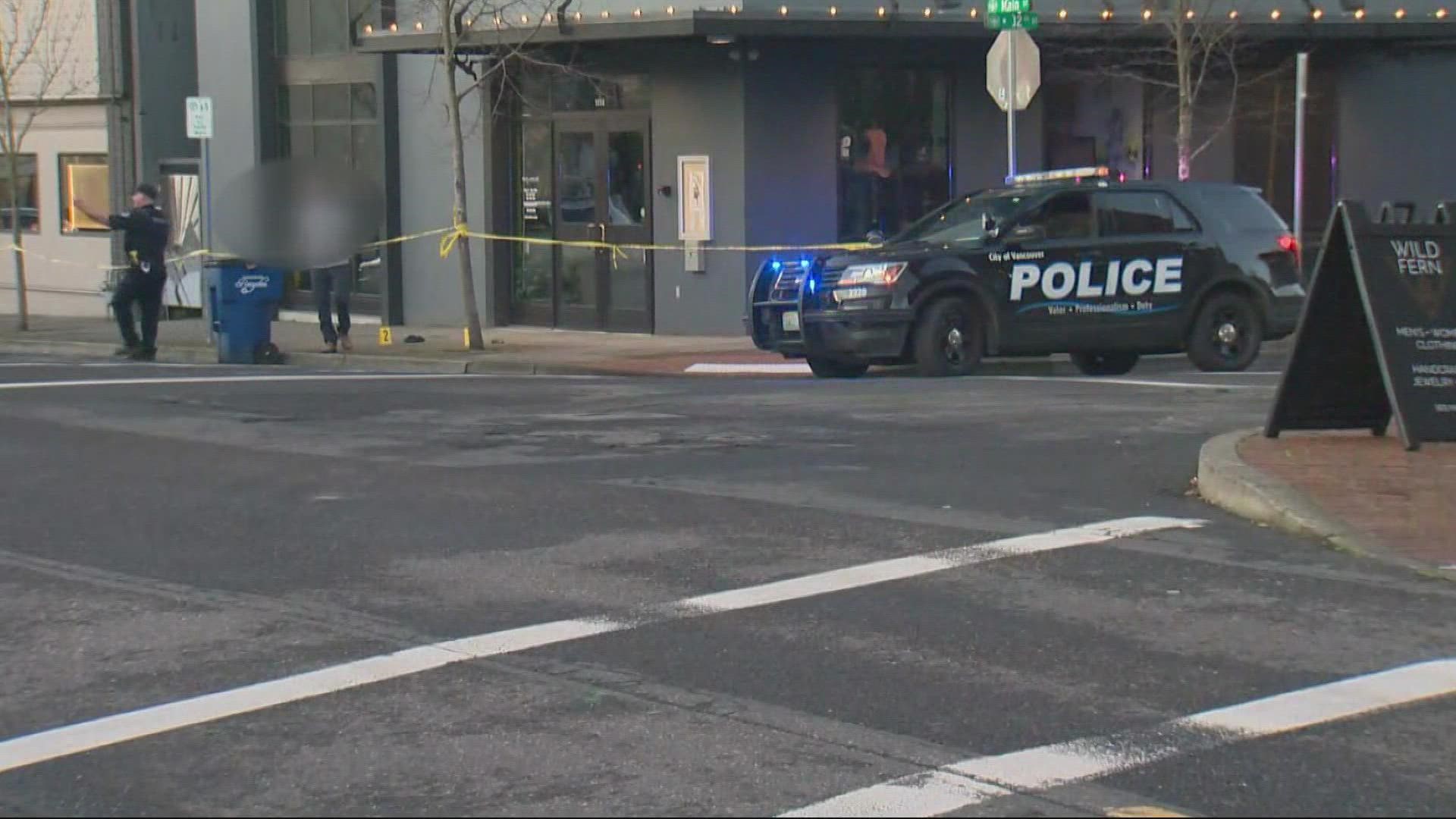VANCOUVER, Wash. — Several bills to address police reform officially became law last week in Washington.
Some of the reforms have to do with the use of physical force. The old rule allowed officers to physically detain someone if they had a reasonable suspicion they'd committed a crime. Now the bar is raised to probable cause, a higher level of legal certainty.
Vancouver police chief James McElvain said probable cause can take time to develop.
“To keep our community safe I prefer the reasonable suspicion approach, we may have to let somebody go who actually committed a crime but we didn't have probable cause to make that detention and make the arrest, they may simply get away,” said McElvain.
RELATED: New Washington law restricting police pursuits causing concern among law enforcement
McElvain added that the force restrictions may make domestic violence and even mental health crisis calls harder for officers to manage.
The Clark County Sheriff's Office has weighed in, as well. Sheriff Chuck Atkins put out a lengthy statement taking on many of the police reforms.
Atkins wrote in part:
Our concern is that the new legislation will have some unintentional consequences that could put the public and police officers in jeopardy. I expect that people could see a reduced police response and extended investigations as a result.
Other changes include banning chokeholds. The legislation says, "A peace officer may not use a chokehold or neck restraint on another person in the course of his or her duties…”
Also banned: the use of military equipment in police work as well as big restrictions on how tear gas can be used.
Other reforms include requiring the duty to leave a scene, which says that absent of a crime or imminent threat of death or substantial bodily harm, officers must leave a scene. On the other hand, the duty to intervene was added, which makes officers in Washington legally obligated to intervene if another officer uses excessive force. Some departments, including Vancouver, already had similar accountability policies for intervening.
Chief McElvain is asking for community support and patience as his department does its best to adjust.
“We are not perfect, but we have done everything in our power to train our people appropriately, to put policies in place that are fair to everybody to continue to keep our community safe," he said.

